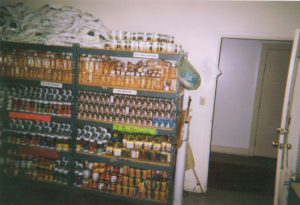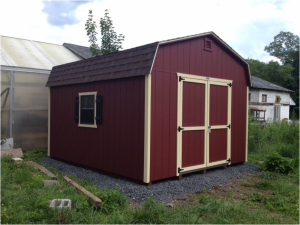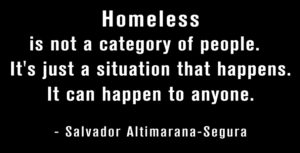January 5, 2021 at 8:53 pm

A food pantry is what it is because of three things:
the economic situation at the moment
the volunteers
the people who shop there.
The people come together looking for groceries but often, they want and need far more.
While the coronavirus pandemic rages, the food pantry lines get longer every pantry day because people, families, deal with change they didn’t ask for.
In short, they are rewriting their destiny stories without a road map or instructions.
A number of the people in the pantry, both shoppers and volunteers, didn’t know about food pantries until circumstances set up a situation where they suddenly looked around a room and realized where they were.
There is a name for their category – SITUATIONAL POOR.
A person fits into the situational poor category when s/he lands in a situation created by an event such as a hurricane, fire, floor, pandemic, or other disaster which destroys the home, car, job.
Pantries offer much – peace, community, spiritual connection, groceries. I always think of a food pantry in the basement of a church as a cross between a church service and a busy pizza place.
A food pantry, and those connected with it, are not a program. They are a community. As volunteers, all we really do is open the door. As all the hungry people walk through the door, they undergo a change somehow.
Each person in a pantry, in whatever capacity, has experienced rejection in some way – too young, too old, too crazy, too sick, too poor, not poor enough.
The food pantry experience does not heal a person, nor does it change the story.
The food pantry experience does not offer therapy.
The food pantry is, instead, a conduit for each person’s own healing.
FOOD PANTRY RULES
Sign your name in the register as you enter the pantry.
Find a place in line.
Do not crowd or block the door to the pantry room.
No more than 2 shoppers are allowed in the pantry at one time.
No more than one new shopper is allowed in the pantry at one time.
Shop for a three-day supply of food for everyone in your household.
Place your selections on the table as you shop.
Respect the restrictions on certain foods.
Finish your shopping in 10 minutes.
Once you begin to bag your groceries, do not continue to shop.
Because the food availability is different each time you shop, it is best to visit the food pantry weekly.
Thank you.
Thurman Greco
P.S. The rules may be different at the pantry where you shop. Each food pantry is different. The space is different. The times the pantry is open is different. The management is different.
These specific rules were used in the food pantry I managed where the people were many, the space small, and the hours few.
Please forward this article to your preferred social media network.
Share it with your friends.




July 4, 2014 at 7:36 am
Three categories of poor are similar in some ways but very different in others.
However, they really are on the same path when it comes to time and money. These categories are the employed poor, the underemployed poor, and the unemployed poor.
The underemployed poor person has a specific mantra. “Work, work, work.. For all I work, I have absolutely no money and I have no time to eat if I had any money for food.” The woman who always says this when she can get to the pantry works at a health food store, cleans apartments and homes, dog walks, and house sits.
I always hate to hear these words – the people who talk about having no time and no money have no waistlines either. So, when they talk about having no time and no money, they mean it. They mean they have no time to eat and no money to buy the food if they did have the time.
Before 2008, the “no time, no money employed poor, struggling poor” category really didn’t exist in the pantry world.
Now, I see more and more of them every week.
Thank God! At least they’re managing to get some food when they can make it to the pantry.
And me? Where do I fit in all this? Well, more struggling poor means more work for me. More volunteers, more trips to the Food Bank.
It’s called job security.
Peace and food for all.
Thanks for reading this blog/book.
Please share this article with your preferred social media.
Please send a comment.
Peace and food for all.
Thurman Greco










